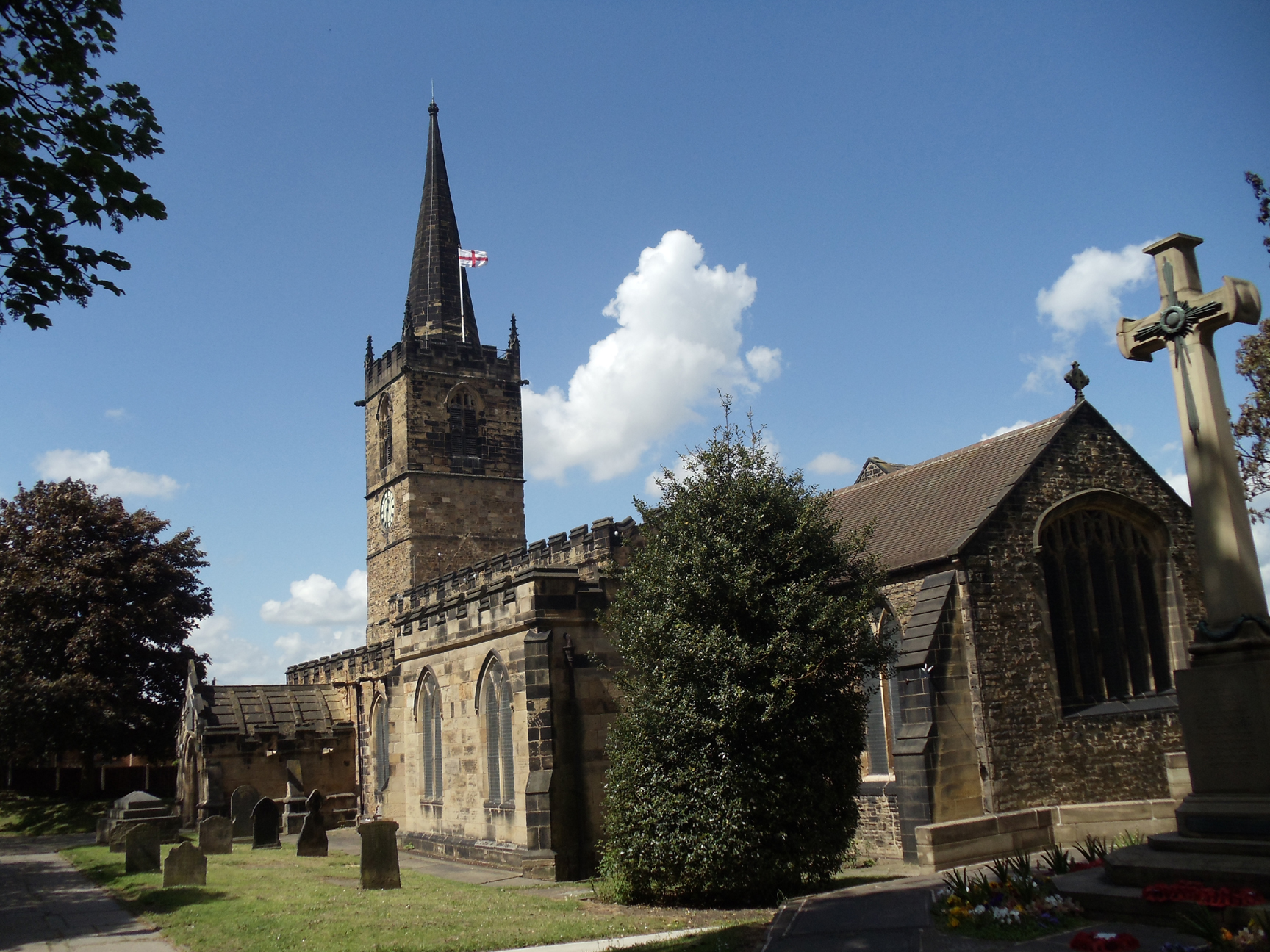I’d like to think I’m not the only person who’s spent lockdown with my cheek pressed to a window and my nose in a book, longing to be anywhere – literally anywhere! – which isn’t my parents’ house. During the malaise of lockdown, I’ve been gravitating towards shorter fiction, and one of my recent Waterstones sprees took in Jean Rhys and Albert Camus before leading me to a title and author I didn’t recognise, JL Carr’s A Month in the Country. It might be that I’d never heard of it because I’m not an English student, but I’m not so sure. The novella is a volume as subtle and slender as its plot happens to be. It’s easy to bypass the thin classic with its dated cover for meatier books, searching for something with ostensibly more substance, tension, excitement.
Maybe, in normal times, I’d do the same – but since the start of March, the world itself has not been lacking in substance or tension. If I wanted to read a dystopian novel, I could just pick up the papers. During lockdown, literary escapism no longer has to mean retreating to fantasy worlds or sweeping dramas. The word has returned to its core meaning; seeking distraction and relief from unpleasant realities, essentially, seeking a means of escape.
The protagonist of JL Carr’s A Month in the Country is also looking to escape. Tom Birkin is a traumatised First World War veteran, with the characteristic twitch and stammer of shellshock, and a stoic unwillingness to discuss the horrors he has been forced to witness. Engaged to restore a medieval church painting in the tiny Yorkshire village of Oxgodby, Birkin experiences a sense of renewal which reflects his work reviving the mural.
The titular ‘Month in the Country’ acts in the same way a good book can. It transports the novel’s troubled protagonist away from the traumatic outside world, though at times, the pain of the War still intrudes – such as when Birkin sees a photo of a dead fellow soldier and shouts ‘There is no God!’ into the evening air. Nature does not respond. A scene in which the secular Birkin is forced to step in as preacher further dramatises the turn of the century’s crisis of faith and the existentialist anguish prevailing in the face of an apparently meaningless world.
Carr creates a vivid, soothing sense of the nature of Oxgodby’s quiet community which ultimately helps Birkin heal. Rimmed by “hills heaving up like the back of some great sea-creature”, the secluded valley glitters with dew, its silence only broken by birdsong and bees, which “foraging from flower to flower seemed to deepen the stillness”. All this stillness and calm is implicitly contrasted to the chaos of war which still seethes through the communal memory even four years after its end.
Alongside this sense of healing, an undercurrent of wistful sadness runs throughout the novel, created in part by its narrative structure. Birkin is now an old man, looking back at his youth – the novel is signed off “September 1978”, after another World War has passed. He regularly muses on the lost happiness of that summer, wondering if he “would have always been happy” if he’d stayed in Oxgodby. The years after are unaddressed, save in these mournful questions which are interjected into the narrative, leaving the reader with a lingering sense of dissatisfaction and of promises yet unfulfilled.
That the story is told as a memory adds another layer to its almost elegiac quality. Birkin is not only looking back at a long-gone time of happiness but at a vanished world of pristine countryside and tight-knit rural communities congregating around church parishes, of paraffin stoves and pedal organs. Even the rose favoured by the beautiful Alice Keach is “an old variety”. The centrepiece of the novel is the uncovering of the medieval church painting and the glimpses into the past it reveals. Similarly, reminiscing about post-WWI Britain provides a glimpse into a bygone era, one not quite as buried as the Middle Ages, but still being quickly swept away by the forces of modernisation and globalisation.
Ultimately the happiness contained in these pages is ephemeral, the transitory space between one’s foot leaving the ground and meeting it again. Jobs are finished, countryside spoiled, books reach their last page. We are pulled back to reality, with its mundanities and its horrors. I underlined a passage in the book which seemed pertinent to today’s situation: “It is now or never; we must snatch at happiness as it flies.”
Yet unlike cherished memories, books can be revisited. So, while I can’t turn back the time on the coronavirus lockdown, I know I’ll be returning to the wistful idyll of JL Carr’s A Month in the Country again.
For Cherwell, maintaining editorial independence is vital. We are run entirely by and for students. To ensure independence, we receive no funding from the University and are reliant on obtaining other income, such as advertisements. Due to the current global situation, such sources are being limited significantly and we anticipate a tough time ahead – for us and fellow student journalists across the country.
So, if you can, please consider donating. We really appreciate any support you’re able to provide; it’ll all go towards helping with our running costs. Even if you can't support us monetarily, please consider sharing articles with friends, families, colleagues - it all helps!
Thank you!




